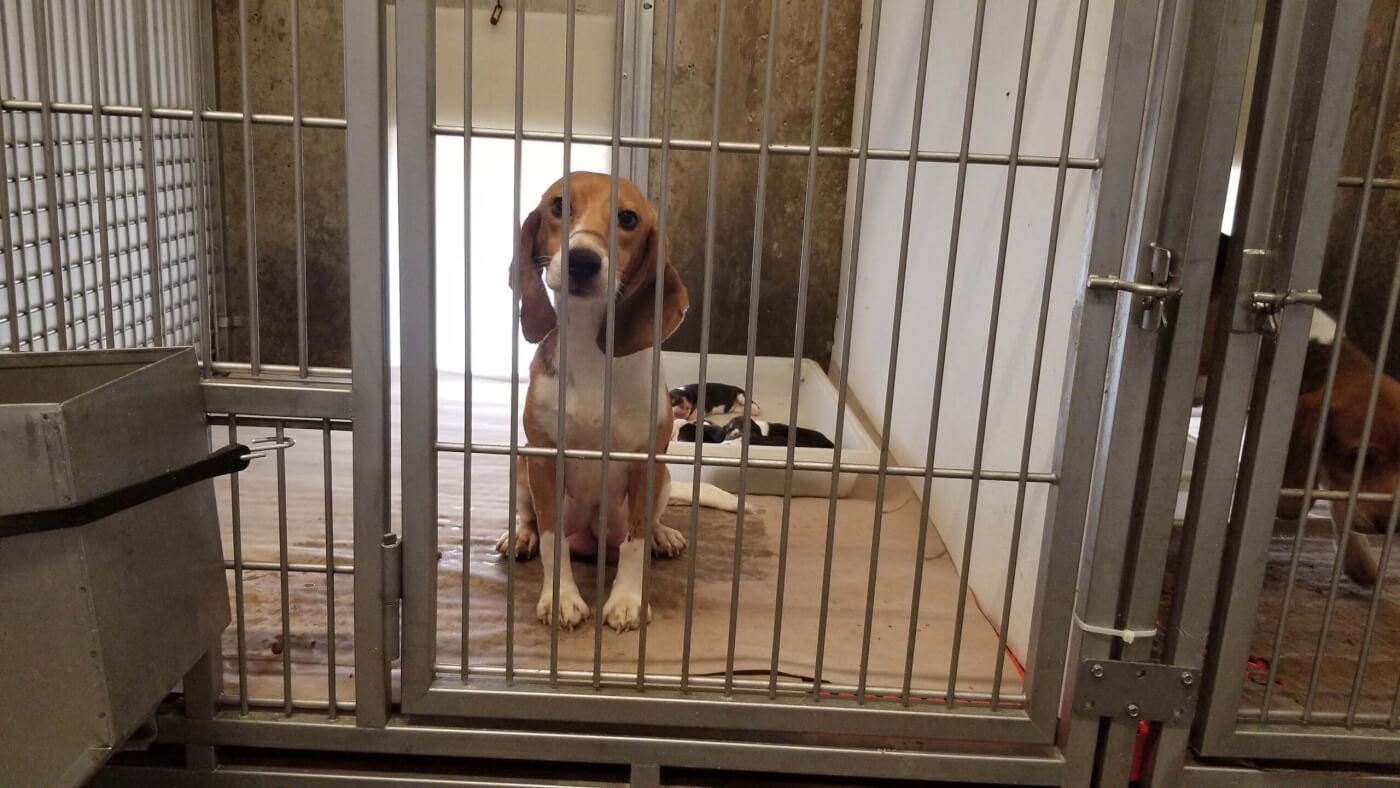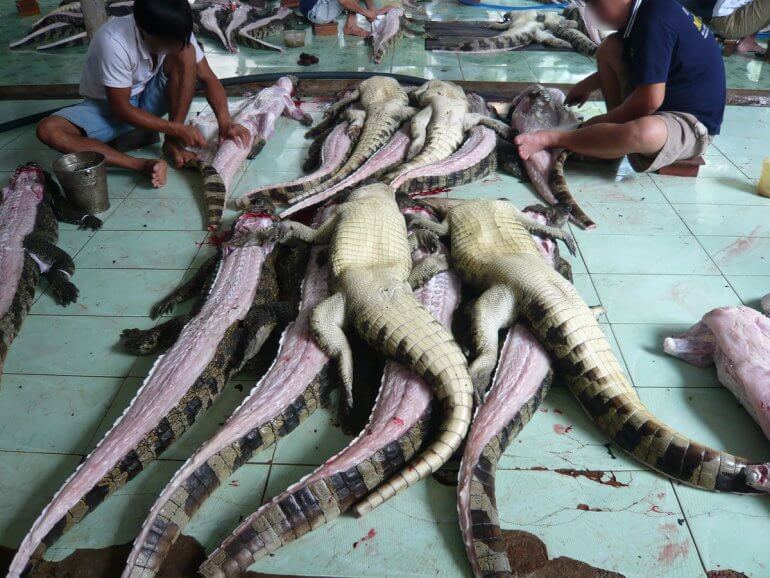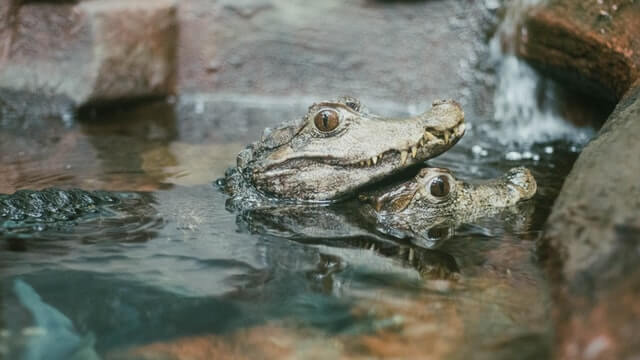
Victory For Animals! Karl Lagerfeld Bans Exotic Skins
Victory! PETA has pride in our runway stride, because Karl Lagerfeld is leaving exotic skins behind. After PETA US contacted the luxury brand, urging it to stop supporting the exotic-skins industry—in which hunters nail snakes to trees and cut them open, workers electrically stun ostriches and slit their throats, and metal rods are jammed down crocodiles’ spines—it confirmed that it has banned the use of all exotic skins.

PETA US persuaded Karl Lagerfeld to join Chanel as a major luxury brand that doesn’t sell exotic skins by sharing some of our investigations—which revealed that workers crowd reptiles into filthy concrete pits before slaughtering them—and reminding the brand that the exotic-skins industry increases the risk of future pandemics. There is nothing trendy about snakes writhing in pain for days before dying after hunters tear their skin off or workers beating ostriches and violently tearing their feathers out.
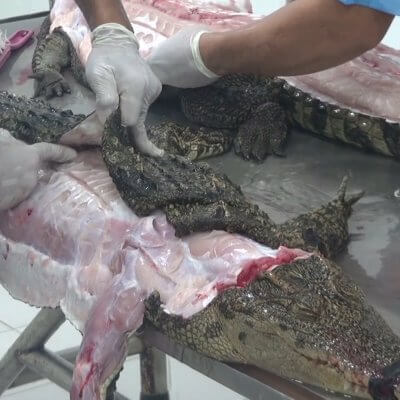
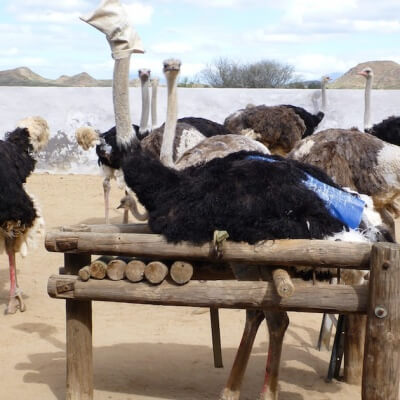
After learning that “wet markets” keep animals confined in unsanitary conditions that provide the ideal breeding grounds for viruses like the one that caused the COVID-19 pandemic, Karl Lagerfeld’s decision to stop supporting the exotic-skins industry is both ethical and responsible.
While snakes are solitary, shy animals who prefer to be left alone, crocodiles are social and use different vocal sounds to communicate with one another. The fascinating animals exploited by the fashion industry have unique qualities—and no matter where the skins come from, animals are not ours to wear.
With all the vegan materials out there to create luxurious, stylish pieces, there’s no reason to continue using exotic skins or other animal-derived materials for clothing, accessories, or other products. With the ban on exotic skins, Karl Lagerfeld joins the ranks of Topshop, H&M, and adidas, but there is still work to do.
Recently a plan was announced to build Australia’s biggest crocodile farm in the Northern Territory. The farm would imprison up to 50,000 saltwater crocodiles at a time.
French fashion labels Hermès and Louis Vuitton are said to own or control the overwhelming majority of crocodile farms in the Northern Territory. If you want to help save animals in the exotic-skins industry, urge Louis Vuitton and Hermès to follow suit by kicking products that involve cruelty to animals to the curb.
Animals Are Suffering in Laboratories – Help Save Them Now
